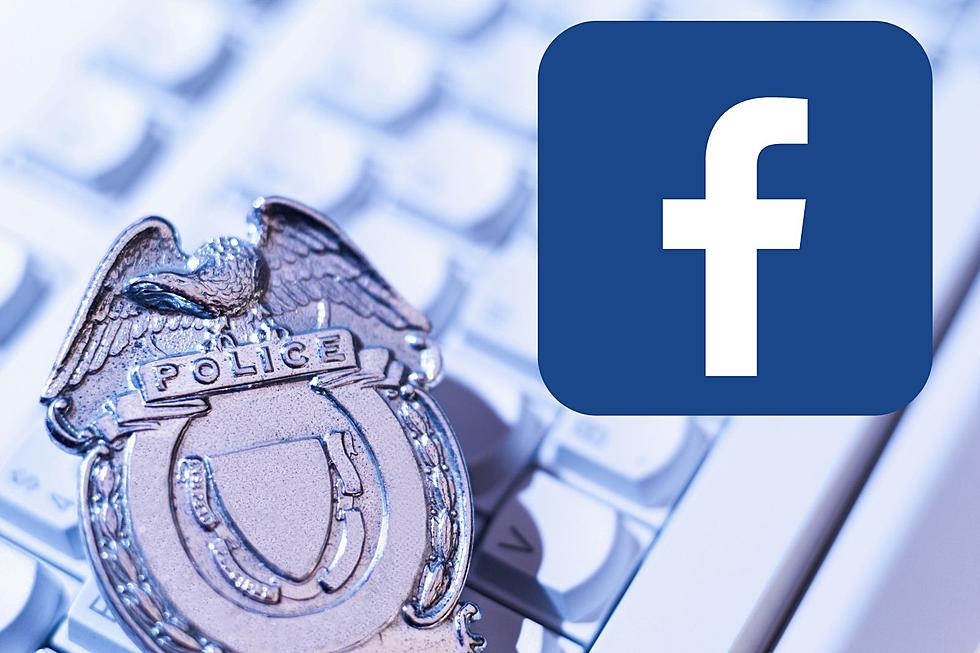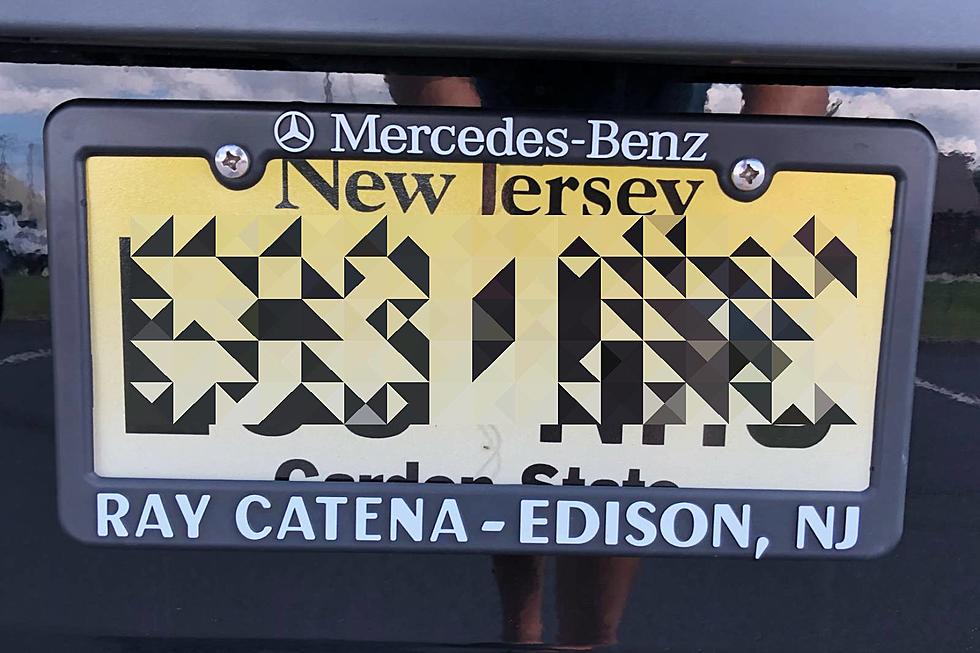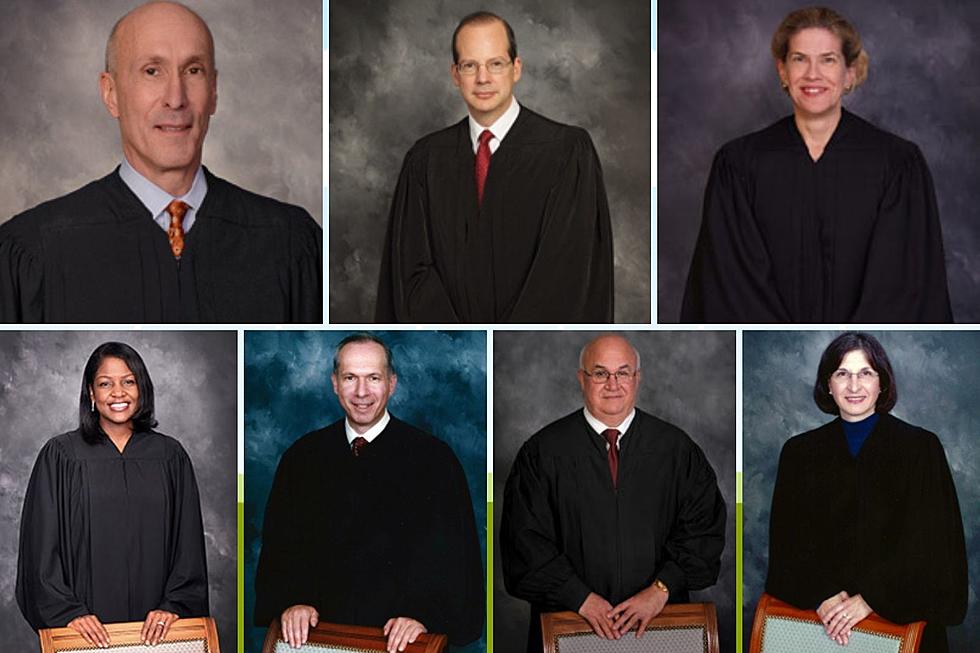
Beware: If you apply for a dog license in NJ, you could also get this
Most New Jersey towns and municipalities require you to register and/or license your dog. It's a way for them to track animals living in town in case there is an incident and to make sure pets are vaccinated against rabies.
However, licensing your dog could also open you up to junk mail, spam and robocalls from companies that want to sell you products and services for your dog. And there is nothing you can do about it.
The New Jersey State Supreme Court has ruled that the names and addresses of people who have been given a dog license are a public record, and can be obtained through New Jersey's Open Public Records Act.
In a 5-2 decision, the court held that: "Owning a dog is a substantially public endeavor in which people do not have a reasonable expectation of privacy that exempts their personal information from disclosure under the privacy clause of OPRA."
The case was brought by Ernest Bozzi. Bozzi runs a business out of Burlington County, and has sought license records in several NJ towns in order to try and sell dog owners an invisible fence. Multiple towns have tried to block his requests, but judges have generally sided with Bozzi. This case involved Jersey City's refusal to provide information to Bozzi through an OPRA request.
In a dissenting opinion, Justice Fabiana Pierre-Louis stresses dog owners would have a reasonable presumption that the personal information they provided to Jersey City for the purpose of obtaining a dog license would remain private.
In Justice Pierre-Louis’s view, "that reasonable expectation of privacy should recognize every citizens right not to have each and every piece of information provided to the government divulged for reasons that do not further the purpose of OPRA," which she noted was designed to provide transparency about government operations.
Businesses obtaining your personal information through OPRA requests is nothing new, but a growing number of towns have been trying to push back on such requests. Business owners have generally been successful in challenging a town's rejection of their request.
Bozzi's lawyer was unapologetic for seeking the information, saying his client was within the law to seek information the government collects.
Attorney Donald M. Doherty Jr, told NJ.com his client is not the bad guy, the government is. "The limits," Doherty said, "should be placed on what the government collects."
LOOK: Here are the pets banned in each state
The best outdoor beer gardens at NJ breweries
25 True Crime Locations: What Do They Look Like Today?
More From New Jersey 101.5 FM









